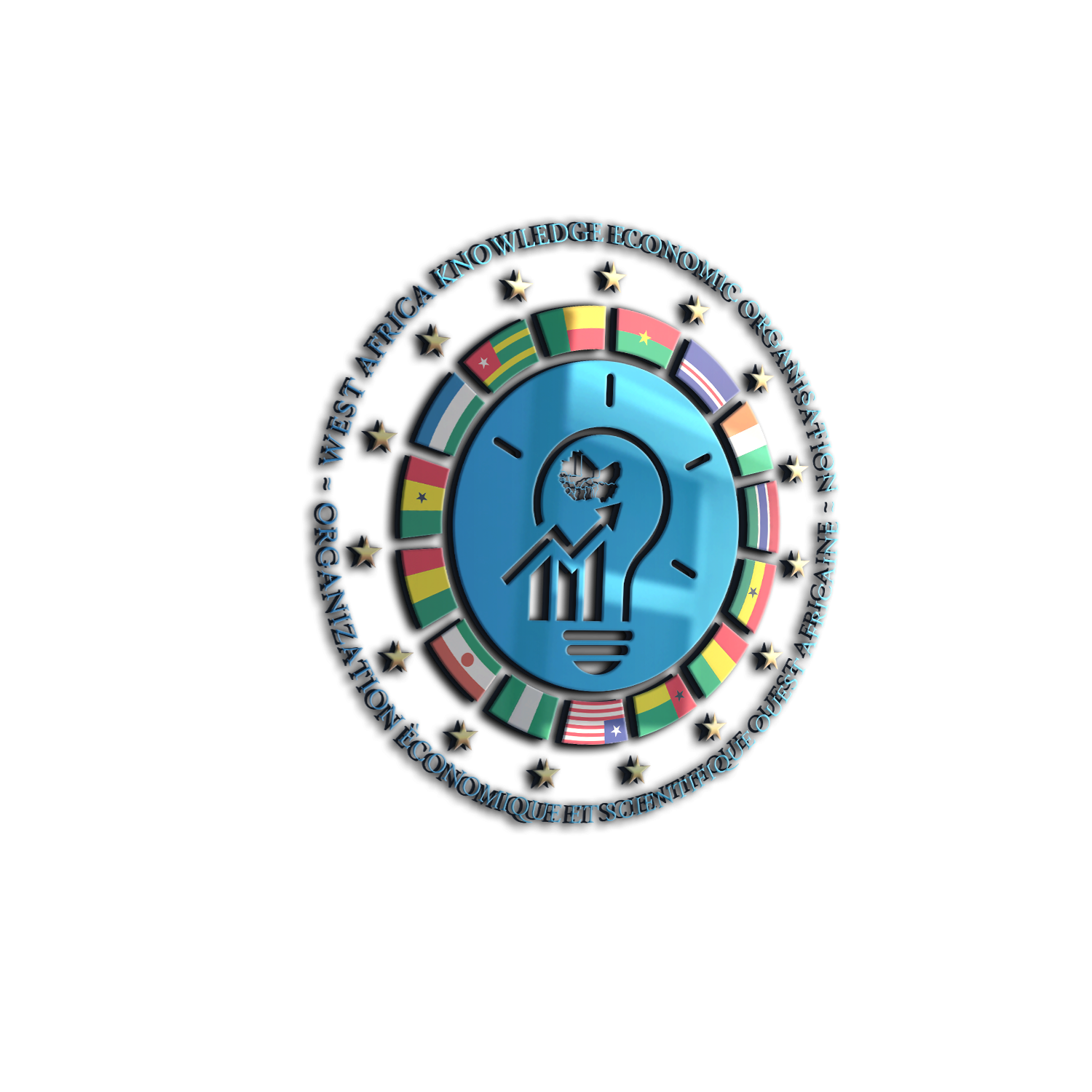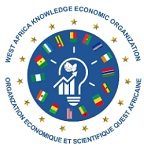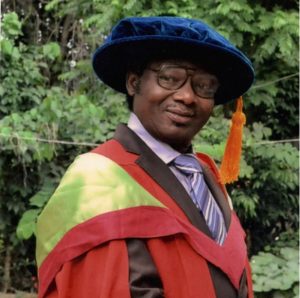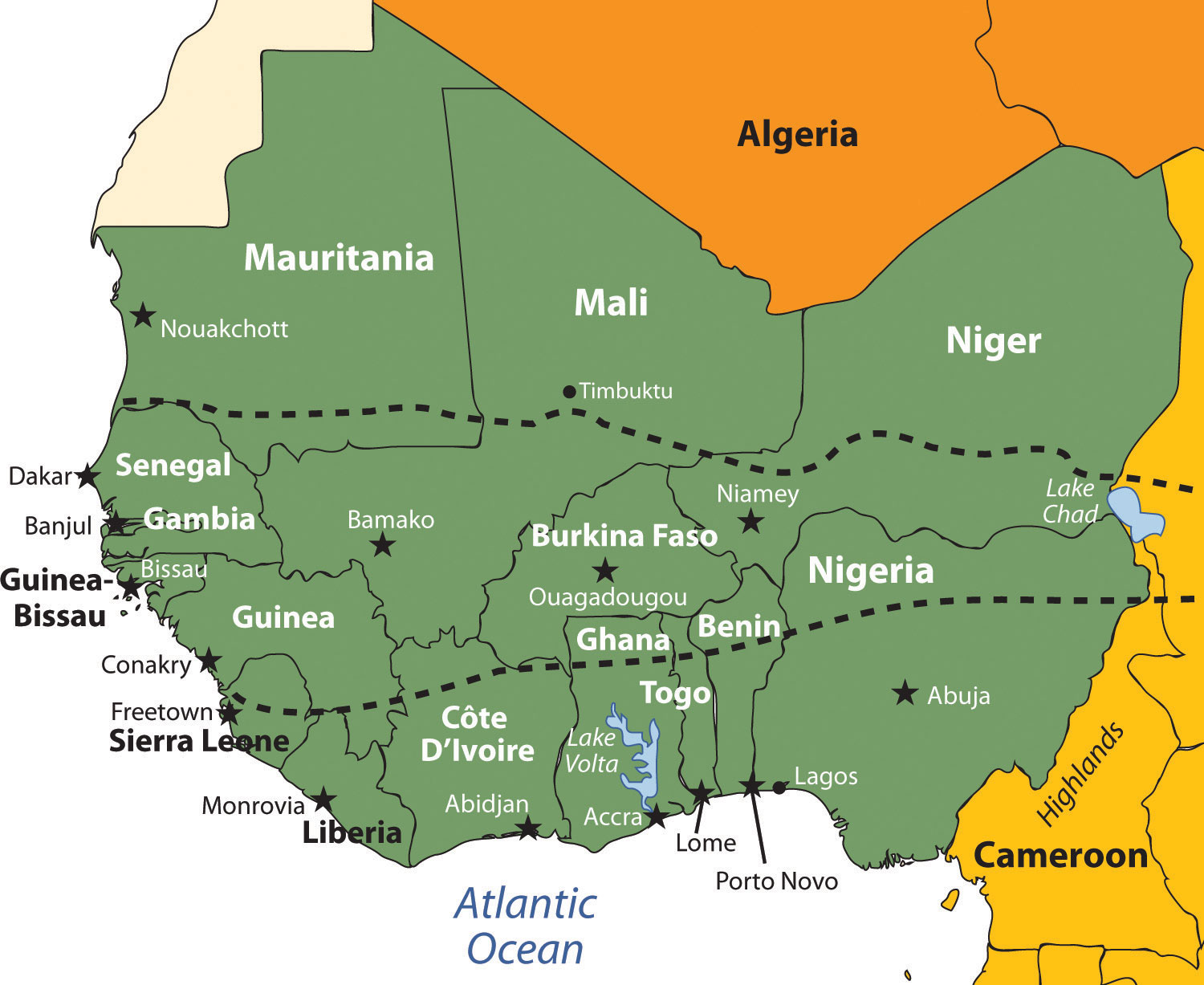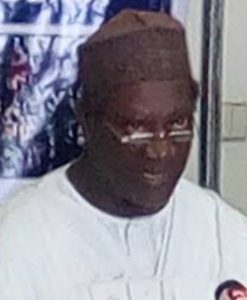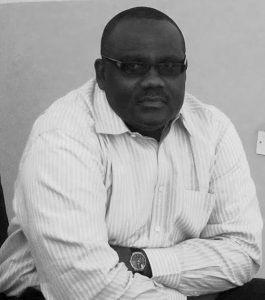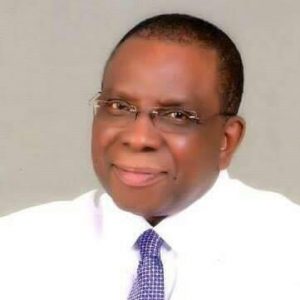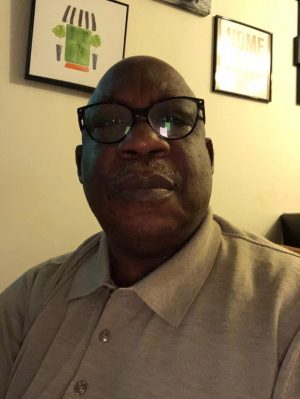By: Prof. OBC Nwolise
Africa is the most endowed continent in the world especially in terms of natural resources and energetic people but unfortunately and shamefully is the poorest and least developed. Almost every negative attribute can be applied to the continent – poverty ridden, disease infested, poor infrastructure, corrupt and inept rulers that thrive in stealing from the people and using divide and rule tactics on them to remain in power, low technological development, rule of man rather than the rule of law, high rate of criminality, wasting youths and others.
Today, terrorism, insurgency, militancy and separatist agitations have been added, with the potentials of not only destroying the little development Africa has achieved, but also reducing the rate of development. But Africa was not home to terrorism before 1998. Before that date, terrorism was what Africans heard or read about in the media. It was in 1998 that terrorists pursued their Western European enemies to Africa with the bombing of the United States embassies in Kenya and Tanzania. Today, terrorism is not only gradually taking root in the continent but spreading, with Al-Shabaab devastating Somalia, Kenya, Uganda etc., Islamic State of Iraq and Syria (ISIS) in Libya and others, and Boko Haram in Nigeria, Niger, Chad and Cameroon.
I am very sure that contemporary African children and especially the youths must be feeling very sad, ashamed and disappointed about the contemporary condition of Africa compared to other continents. Most of these African children and youths have not seen or tasted good governance or the good life in their lifetime. It has always been hardship, conflict, war, suffering and deprivation. The result is that many of them are emigrating legally or illegally from the continent even at great risk to their lives.
But African children and youths need to know that this continent is not so hopeless, poor and irredeemable; and that the continent was not so bad before coming into contact with the Arab and European worlds. It is really these two worlds that laid the destructive foundation for what Africa is today, first through almost 400 years of slave trade that depopulated the continent by almost 400 million able bodied men and women and second through colonial invasion, plunder and exploitation by Britain, Spain, Portugal, France and Germany. The greedy from these nations using the maxin gun and explosives, turned Africans into slaves on their own soil in the continent, plundered the continent’s natural resources and halted its march in production and development to pave way for European goods in African markets. In return, they brought the Bible (Christianity), western culture (languages, dancing, music, dressing, marriage, education, traveling, etc.) and moved Africa into the Western economic orbit.
Africa before the contact with Europe had states and empires, such as Ghana, Mali (that had one of the earliest universities in human civilisation in Timbuktu), and Tekrur. Africa produced great leaders such as Mansa Musa of Mali whose wealth, organized government, armies, and social institutions dazzled the world. Oba Ewuare the Great I during his reign (1440-1473) made Bini an outstanding kingdom. The shining lamp of Bini (Benin) was broken by the British (military) expedition of 1897. Sunni Ali (1464-1492), as well as Askia Muhammad the Great (1493-1529) who succeeded him, were some of the greatest leaders of the Songhai Empire. Ali Ghanji (1472-1504) and Idris Aloma (1571-1603) were great leaders that took the famous Kanem-Bornu Empire to its zenith.
As explorations by Portuguese and British sailors (Alirise Cadamosto, Gil Eannes, Nuno Tristad, Fernando Gomez, Mungo Park, Lander Brothers, Clapperton, etc) opened up the riches of West Africa to Europe, it became more and more interested in the natural resources of the continent and this eventually led to the European invasion of the continent from the 1880s, especially after the Berlin conference of 1884-85, dismantling of its flourishing kingdoms, empires, and colonization of African people and their land. With this colonisation, the resources of the continent were forcefully channelled away from the people’s service to servicing the people and animal pets of Europe. The situation has remained so since then despite the political independence of African states.
The fault of our forefathers was that they did not develop early enough the instruments of scientific butchery (weapons) as did Europe once they got hold of gunpowder discovered in China. With the colonisation of Africa, progress in productions was stultified to make way for goods manufactured in Europe. Our local gin in Nigeria called ogogoro or kaikai for example was labeled illegal gin and banned at the pain of over five years jail, in order to make way for the colonial master’s gins and hot drinks of various makes. African herbalists (native doctors) were labeled witch-doctors and it became a taboo to patronise them. In this way, the use and researches in African herbal medicine were halted to pave way for oyibo tablets, capsules, and injections. The continent today is being devastated by several ailments and terminal diseases because Africans abandoned their medical roots. Before oyibo came, no ailment was incurable in Africa because those in charge of healthcare delivery had very good knowledge of medical properties of herbs, bark, and roots; and any stubborn ailment was subjected to divination by well trained and famous priests of efficacious local deities, that revealed the exact herbs, roots, bark or combination of these that dealt with the ailment with finality.
The problem was that when the colonial masters were to go at independence, they sowed seeds of discord in Africa such as the colonial boundaries that carved ethnic groups into different countries (e.g. Somalis in Somalia and Kenya). They also handed over power in many African countries to political parties and individuals who would defend and promote their colonial masters’ interests. These people were tutored in election rigging and supported for several decades with the supply of military weapons meant to suppress, exploit and oppress the people.
Africa is a continent that can be transformed into a first-world region within the next 20-30 years or less if the problems blocking its development are removed. I will highlight few necessary lines of action for space constraints.
The first thing that is urgent and imperative in kick-starting Africa’s development is to liberate the continent from internal colonisers who are holding forth for foreign interests. The next thing will be to restore peace and security in the continent and secure the democratic space for the people who have been squeezed out by non-democrats that misappropriated the people’s power for selfish ends. In this move to restore peace and security, all the giant trees that have grown from the seeds of discord sown by the colonial masters have to be uprooted in each nation. For example, in Nigeria, there is a giant North and deliberately dwarfed South, hoisted on the nation by Lugard (1914), and Richards (1946). Then a jaundiced and unworkable federation was handed over to Nigerians with a unitary police system. Thus Nigeria has for the past 58 years agonized over an unworkable federal system, and this has been the source of the civil war (1967-70), several riots, and coups; and today after 58 years, victims are demanding the restructuring of the nation, state police, and true federalism. So it is all over Africa. Restoring peace and security will require social justice, equal opportunity for all groups especially in sharing of the nation’s resources and political power. The Police are also to be recognized as the lead agency for internal security (not the military) and so funded, trained, equipped, and manpower. The state must see itself as an agent of redistributive justice and protect the integrity and integrity of its security agents.
Governments must invest massively in human resource development, through education and training in skills needed in industries. Heavy investment in science and technology, as well as research and development, is imperative. The difference between the first world and Africa lies in technological differentials. There has to be heavy investment in functionally integrated healthcare delivery systems combining orthodox, African traditional, and spiritual medicines. This is well managed will reverse the current trend of Europe and India being the centers of medical tourism because the element of spiritual medicine in Africa places the continent top of others in the easy and less costly, effective handling of stubborn ailments including terminal diseases.
There must be heavy investment in electricity to ensure adequate and steady power supply through bio-mass, coal, wind-mill, hydro, gas, and solar sources. Africa has abundant sunshine. Each African nation should target 300,000 MW of electricity in the next two to three years.
The economy of each nation has to be diversified away from mono-culture (one crop, one mineral, etc.). African nations are endowed with vast tourist attractions. There has to be heavy investment in industrialization, and this calls for iron and steel factories; and agro-allied industries to convert raw agricultural products to processed finished goods.
Massive investment in infrastructural development at national, sub-regional, and continental levels is imperative. Economic Community of West African States (ECOWAS) and African Union (AU) owe it a duty to (West) Africans to open up and link up the continent with roads and railways. This will increase intra-African trade, improve movement and understanding among Africans.
A common currency at the ECOWAS sub-regional and African continental level is overdue to ease trade and eradicate the dependence and loss of revenue associated with trading in the dollar. It is a thing of regret and shame that ECOWAS leaders have been talking of a common currency for over one decade now. The AU should sit up and truly be African in this wise. Along with this is the development of one language for Africa. It is a shame seeing Africans from different linguistic African zones (French, English, Portuguese, etc.) in Olympics and world cup games speaking like people from the tower of Babel, in a continent that claims independence of its states for over 60 years.
Africa needs to rediscover its social values and inculcate same in its children and youths: being our brother’s keeper, sacredness of human life, sanctity of the human blood, respect for the commonwealth of the people, wealth through hard work, etc. Money must be dethroned from its Olympian height from where it is now controlling our people and turning our values upside down. It was Thomas Jefferson, a former U.S. President who once said that “Money, not morality is the principle of commercial nations.” But African nations are not commercial but communal nations, and morality, not money is the principle of communal nations. Several Africans are being recruited into the Western “shrine” where money is worshipped. This must be reversed. Politicians now kill to remain in power and loot. Young people are sacrificing their spouses, children and relatives to make money; as ritual murder, ritual rape, haunt for albinos (especially in East Africa) devastate the continent. In a society in which thousands go to bed without food, and many children are out of school, one man can afford to hide billions of naira or dollars in his house, forgetting that those hungry and out of school children will turn out to be the nemesis to his own children as the armed robbers, terrorists, and militants of tomorrow.
Foreign policy should be deployed as an instrument of national (economic) development, and all channels of leakages of public funds and natural resources plundering must be blocked in the continent – illegal bunkering in Nigeria, gas flaring in African oil producing nations, the wasteful killing of elephants in Kenya, illegal mining of gold in Ghana, etc.
Finally, corruption must be combated by the masses of the people in diverse ways no matter the position of governments in the continent which often protect their bourgeois colleagues. Africans must begin to vote people of integrity and each nation’s first 11 into office. They must also begin to question the sources of the wealth of individuals. The civil society must insist on a graduated punishment for looters of the national treasury based on quantum of loot – community service, jail terms with hard labor, life jail, and capital punishment. A period of moratorium should be given to foreign banks that receive and keep money stolen from African nations. After that period, such banks should be taken up as thieves and sued as such because he who keeps a stolen good is also a thief. Meanwhile, when shall those who enslaved Africans and those who colonised Africa and set the foundation for the sufferings in the continent today apologise and pay reparations before it is too late? I have noted earlier that Africa was never home to terrorism. It was exported to Africa by foreigners who pursued their West European enemies to Africa in 1998. Europe, therefore, has the moral duty to enable Africa uproot the present spreading terrorist fire ravaging the continent. By the time African homegrown terrorism will starts, it will be directed against those who enslaved Africans, colonised, and plundered African territory. Those people, groups, companies, and nations know themselves. They better act now of their own volition before it is too late.
Prof. Nwolise is of the Department of Political Science, University of Ibadan, Ibadan, Nigeria, and a visiting professor, Nigerian Army Resource Centre, Abuja, Nigeria. He can be reached on; osynwolise50@yahoo.com).
